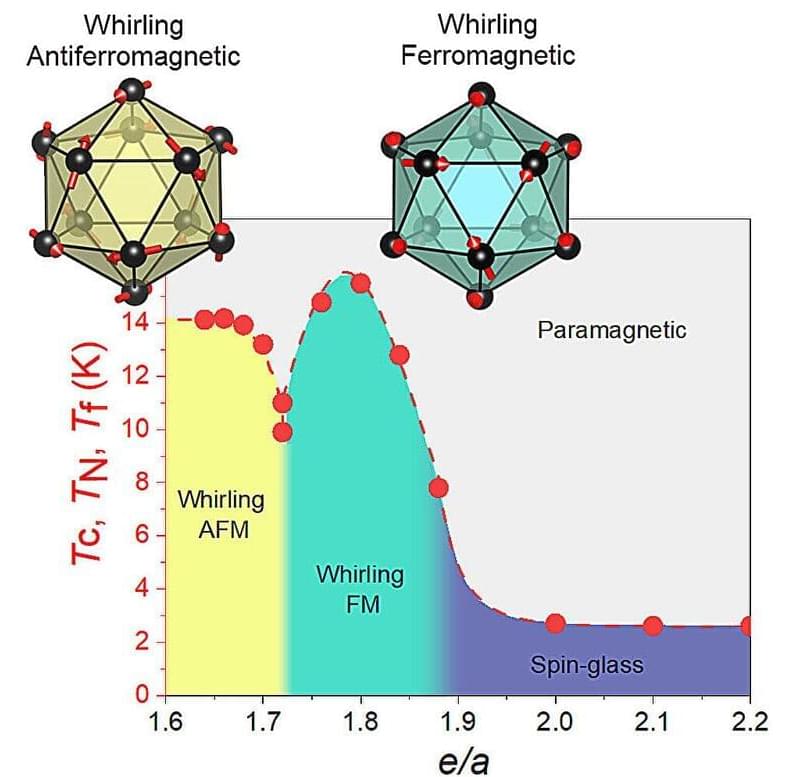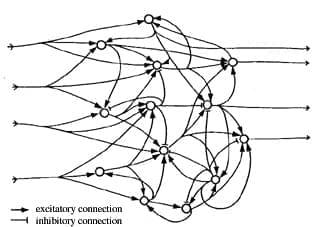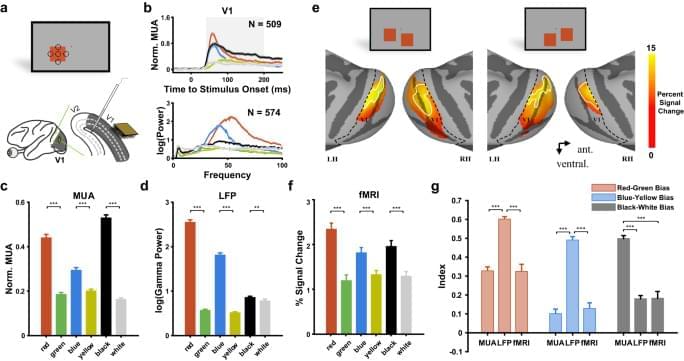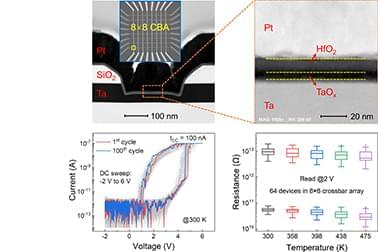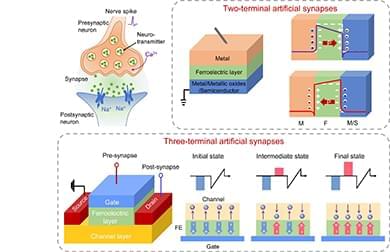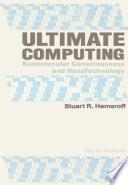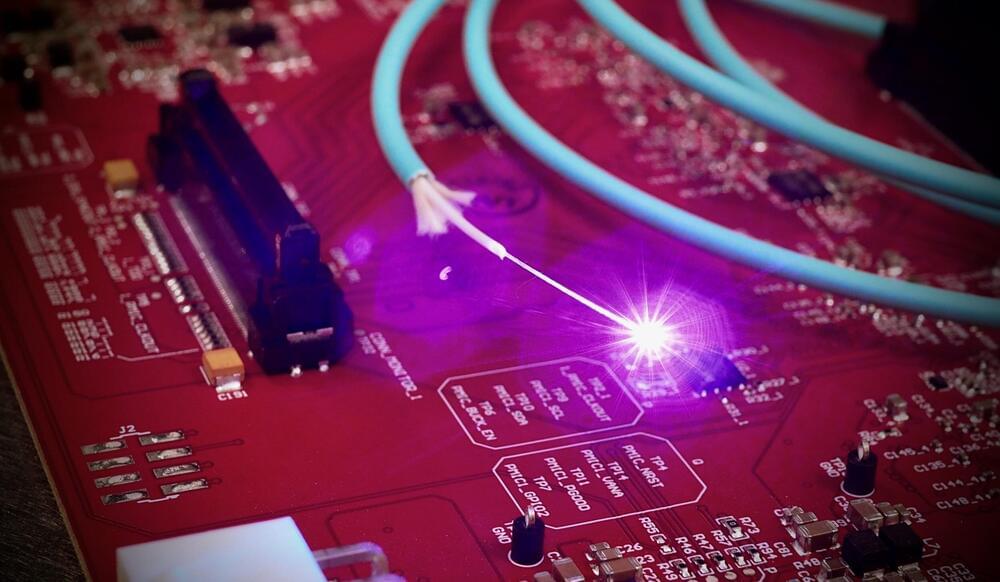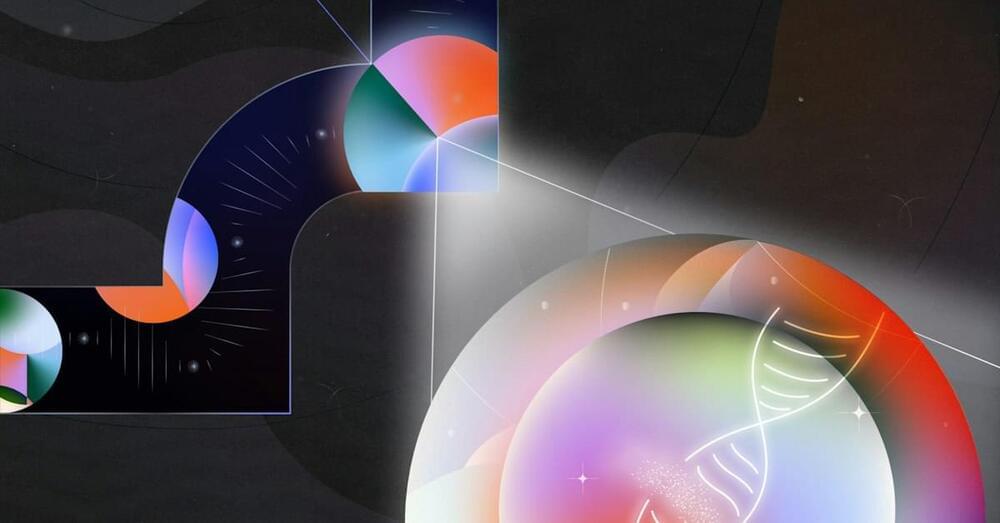Quasicrystals are intermetallic materials that have garnered significant attention from researchers aiming to advance condensed matter physics understanding. Unlike normal crystals, in which atoms are arranged in an ordered repeating pattern, quasicrystals have non-repeating ordered patterns of atoms.
Their unique structure leads to many exotic and interesting properties, which are particularly useful for practical applications in spintronics and magnetic refrigeration.
A unique quasicrystal variant, known as the Tsai-type icosahedral quasicrystal (iQC) and their cubic approximant crystals (ACs), display intriguing characteristics. These include long-range ferromagnetic (FM) and anti-ferromagnetic (AFM) orders, as well as unconventional quantum critical phenomenon, to name a few.
